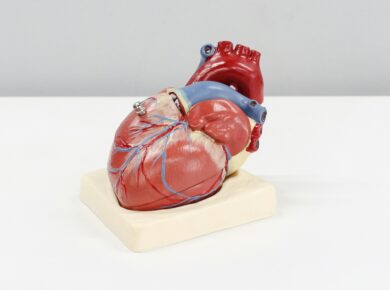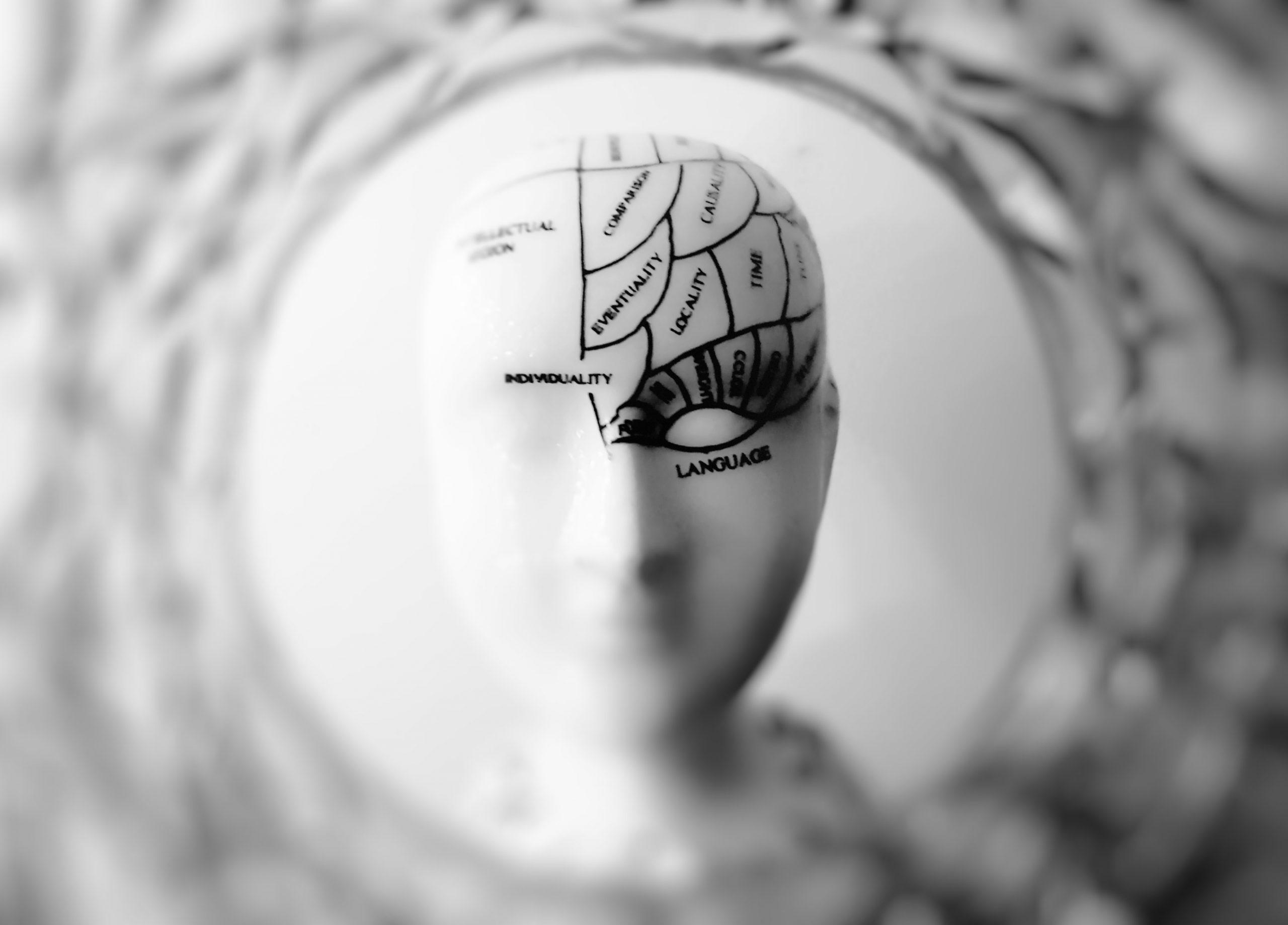A Food Journal is a document used to keep and maintain food. Among the strategies that have been developed in the process of the realisation of effective changes for the sake of improving one’s health, the use of a food journal or diary has turned out to be very important. In this article, we’ll be explaining What A Food Journal Is. We will also look at The Various Advantages Of This Activity According To Research And Intervention Studies.

Understanding Mindful Eating
Mindful eating is a practice that comes from the general concept of mindfulness, which means paying attention to the present time. When applied to eating, mindfulness simply implies conscious eating and drinking, in that one focuses on the process of eating and drinking.
This is where we pay attention to the hue, the aroma, the rough or smooth surface of foods and even the taste and temperature of foods; the sounds of the foods. Also, mindful eating includes a careful focus on your thoughts, feelings, and physical sensations connected with food.
Mindful eating is the practice of maintaining awareness and attentiveness while eating with a desire to enhance an individual’s experience. It allows people to take their time when eating the food, and also to heed their body’s hunger as well as satiety signals.
Evaluating a more profound connection with what one is consuming, a mindful eating approach to consuming will bring about more positive change within the population’s relationship with the food they eat.
What is a food journal?
A Food Journal is defined as a document in which records of food consumption are maintained. A food journal, also referred to as a food diary, is a record of all the foods that a person consumes throughout the day. This consists of breakfast, lunch, dinner, and any noshes in between, drinks, and in some cases, even the fluids consumed during the day. A comprehensive food journal can also track:
- Time of Consumption: Recording the time each item is consumed.
- Portion Sizes: A process of gauging or evaluating the quantity of food being taken.
- Location: Documentation of where the eating took place (for instance, at home/work/in a restaurant).
- Emotions and Circumstances: Thinking about the notice that was taken before the eating occasion to decide food consumption (for instance, did the person feel stressed, did they feel like they needed to celebrate, or did the person feel bored?)
A food diary can be handwritten on paper, in a notebook or created with the help of an application or a web resource developed for such purposes. The approach to the food journal is to be counted on daily and to record all the necessary information related to the eating behaviour.
Why Should You Keep a Food Journal
The following will be listed below as the reasons why you should keep a food journal
- Enhances Self-Awareness
- Identifies Unhealthy Eating Patterns
- Supports Weight Management
- Increases the Intake of Nutrients
- Aids in Establishing Food Sensitivity and Allergens
- Helps in the Diagnosis of Disease and Treatment
- Encourages Mindful Eating
- Provides Motivation and Accountability
- Aids in the Setting as Well as Achievement of Goals
- Supports Mental Health
- Enhances Professional Guidance
- Promotes Long-Term Healthy Habits
1. Enhances Self-Awareness
Journaling has been proven to improve the level of self-awareness, and that is a benefit of keeping a food journal. This is mostly the case with a lot of people who rarely measure the amount or standard of the various foods they take regularly. Because every item is recorded, people learn about their consumed food and drinks, the servings, and their calories.
According to the studies, the process of self-monitoring with the help of a food diary produces more desired food choices. The research revealed that out of an average of seven days of the week, those who maintained a food diary lost about double the amount of weight in comparison to participants who had less or did not bother to record what they consumed. It can assist a person in making relevant decisions as far as dietary patterns are concerned.
2. Identifies Unhealthy Eating Patterns
A food diary is also effective in establishing an unhealthy eating pattern, thus enabling its eradication. For instance, individuals will eat out of boredom; hence, emotional eating entails eating in the presence of feelings rather than hunger. One can identify the times they are likely to develop unhealthy eating habits by recording their eating patterns and feelings.
A food diary also allows you to identify such patterns as snacking at night, eating too much sweets and fats, and eating out often. The awareness of such trends is the first step in changing a person’s behaviour and moving towards a healthier lifestyle.
3. Supports Weight Management
A food journal can indeed be particularly helpful for those who want to either shed some kilos or prevent weight gain. Applying the principle of setting calorie intake and comparing it to the activity level, people will be sure that they set up the right calorie deficit required for slimming.
Research proposals have shown that a food diary is a useful tool for weight loss. For example, in an Obesity journal, it was discovered that people who engaged in more frequent weighing of their food lost more weight and were able to sustain it in the long run.
4. Increases the Intake of Nutrients
A food diary, which is the other name as a food journal, serves not only the purpose of tracking the number of calories consumed but also in determining the quality of the food that is taken by the patient. Since individuals have a record of what they eat, they can assess how much vitamins, minerals, fibre and protein they take.
The practice can also draw attention to the deficiencies of the diet that may not easily be observed. For example, one may come across a situation where he or she needs to correct nutrition by learning whether one has low fibre intake or high sodium intake. If they get to know this information, they will be in a position to change their eating habits to balance their diets.
5. Aids in Establishing Food Sensitivity and Allergens
Because of the diverse and at times, delayed signs, diagnosing food sensitivities and allergies can be complex. An elaborate record of what an individual consumes can be very useful in identifying factors that may cause an allergic reaction.
It is about this that people may document anything that they eat and any resulting symptoms they might be having, and then we get to look at them in an attempt to possibly be able to pinpoint a food intolerance or a food allergy. For instance, a person can realise that he/she has gas and bloating whenever he/she takes milk products; s/he may be lactose intolerant.
6. Helps in the Diagnosis of Disease and Treatment
Thus, keeping food journals can be useful to healthcare providers. When a patient comes to the clinic with symptoms that could be a result of a certain diet, for instance, digestive problems, tiredness, or skin conditions, then the patient’s food diary can prove invaluable.
It is useful for doctors and dietitians to apply this information to be able to make more precise diagnoses and to develop adequate therapy. For example, a client with IBS will find it essential to adhere to a low FODMAP diet; however, defining the harmful foods needs regular documentation of food consumption and disease manifestation.
7. Encourages Mindful Eating
Food diary use naturally leads to mindful eating since one is forced to write down what he/she is likely to consume. Recording the context of the meals, including where it was eaten, as well as their feelings at the time of consumption, can help in increasing people’s awareness of the specifics of their eating habits. There are so many advantages of mindful eating, such as an enhanced digestive tract, reduced likelihood of overeating, and enhanced mental health.
Intuitive eating and diary writing are associated forms of nutrition practices. Whenever people document their experiences while eating, they get to become more in touch with their appetite, hence practising more deliberate eating.
8. Provides Motivation and Accountability
And directly, a food journal can act as a motivation factor in that it brings with it physical proof of change. Whenever there is an aim to shed a few pounds, embark on a diet, or control a certain disease, it is motivating to look at the written records for the day or the previous weeks.
However, submitting your food journal to a doctor, a nutritionist or even a group of people who experience similar issues can make you more responsible. It is helpful for passengers to know that there will be another person whom they will cook for in addition to themselves; this can encourage adherence to the necessary caloric intake.
9. Aids in the Setting as Well as Achievement of Goals
It is, therefore, important to come up with clear goals that are ‘SMART’ for any change process, including the improvement of dieting habits. A food journal gives the raw material that the subject/entity needs to set achievable objectives and monitor performance against the set objectives.
For example, an individual might make it a target to cut down on sugary foods by a specific percentage or to include over five portions of fruits and vegetables in their diet. They can then quantify their results to see how they are progressing so that they can modify their diet accordingly.
10. Supports Mental Health
The influence of diet and mental health is already known, but it does not mean that people will pay attention to it. There are foods which cause or influence one’s mood, energylevelss and associated psychological well-being. One can be able to determine how a particular food affects his or her mental health when keeping a food journal.
For instance, a person may observe that they experience more pressure or even have symptoms of depression when they have coffee or eat a lot of sweets. Thus, recognising such patterns, they can adjust their diet to promote a healthy state of their mind.
In addition, journaling is simply beneficial as a form of activity; interventions that engage the patient in the process can be helpful. Such an approach allows focusing on what is being consumed and the emotions associated with it, which can give a lot of constructive realisation about one’s eating habits and thus, help to have a healthier and less stressful attitude towards food and eating.
11. Enhances Professional Guidance
As a supplement to consultation with a nutritionist/dietitian for persons, a food journal is useful. The detailed information which is provided in the journal can be of additional value for the professionals as they will be able to suggest more efficient recommendations this time.
A dietitian can tell that a certain food is lacking in nutrients, recommend a healthier food, and prepare a diet for the patient/visitor based on his/her preference. This aspect of the programme can therefore enhance the impact of nutritional changes by at least one order of magnitude.
12. Promotes Long-Term Healthy Habits
On its own, the action of writing down what one eats can go a long way in developing one’s lifelong healthy eating practices. With constant reliability in diet, people are made aware of their eating habits and can change their eating habits for the better.
The practice of writing down what one eats becomes one’s routine, creating an overtime commitment to a proper diet. This long-term outlook is very important for the actual state of health and well-being of the people.
Useful Advice to Begin Recording Your Diet
Be Consistent and Honest
Not only meals, but any food and drinks that one takes must be noted down. Truthfulness is the hallmark of getting good information.
Include Details
Be sure to record each meal in terms of the time, where and when you are eating the meal. It is suggested to include your mood or feeling in tracking, to help figure out what triggers the experience of EEE.
Use a Format That Works for You: Depending on whether it is a formal writing note/paper, an application on your smartphone or tablet or an online tool, use one that is comfortable to you.
Review Regularly
Combining these with a dietary plan situated in realistic standards means that you should review your journal every once in a while, to notice specific patterns and then adjust your eating plan as necessary.
Seek Professional Guidance: If at all possible, take the food diary to your healthcare provider or a dietician for further guidance.
Be Patient and Persistent
It takes time to change a diet, as well as to improve or worsen one’s health. The best results will come from the regular and consistent commitment to the journal.
Make it Convenient: It is convenient to always have the journal with you or use a mobile application that enables making entries fast and spontaneously. Sometimes details may slip off one’s mind.
Reflect on Your Entries
Spend some time and think about what it tells about you and your daily/weekly routine and decisions. Such reflection can result in profound personal learning and the corresponding changes.
Conclusion
As mentioned above, any dietary change ought to be backed by enough knowledge to be sustainable, and one of the best sources of such knowledge is a food diary.
This genuinely versatile tool can improve self-estimation, highlight a tendency to consume unhealthy meals, facilitate weight loss, upgrade an eating plan’s nutritional profile, and help with the diagnosis of intolerance to specific products.
It also reminds us about food consumption, motivates, helps to set up goals, helps with mental issues, complements professional advice, and sustains a healthy lifestyle in the long term.
This is because diary studies involving nvolvinthe g reporting of food intake consistently accurately reflect the users’ habits. You can read more similar posts on our medicine and health page of the site.










